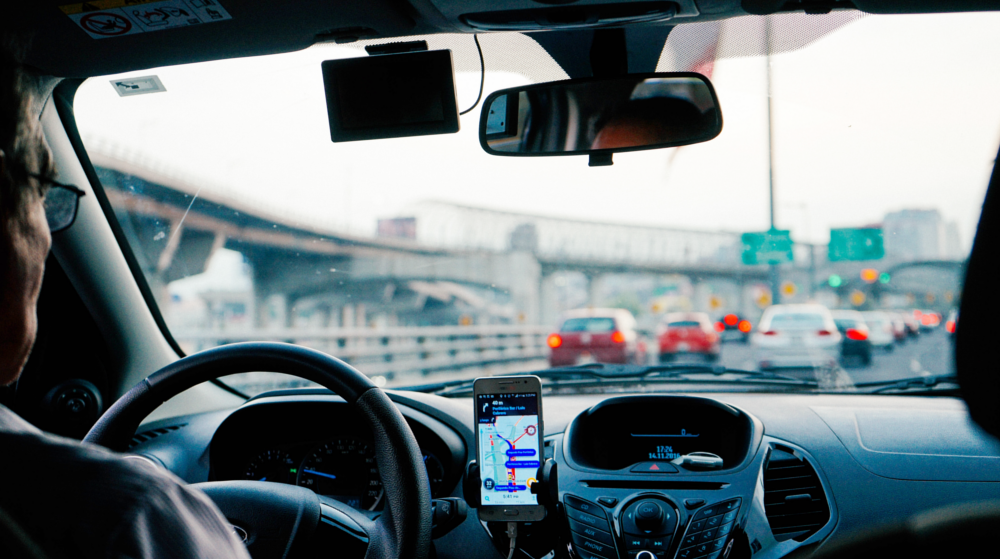This week’s blog post deals with artificial intelligence and which role (weather) data plays in its further development…
Apple’s launch of Siri in October 2011 is considered the beginning of using Artificial Intelligence (AI) in mobile applications, and the AI helper became available to the public when the iPhone 4s came to market. Since then, AI has risen consistently and has unlocked many possibilities in the mobile apps development field as well as in the iOS application development field and cross-platform mobile app development.
The term AI means the ability to copy intelligent behavior to enable machines to mimic humans. AI without big data is unimaginable, and it encompasses various other specific capabilities or fields, such as natural language processing, machine learning, knowledge management, machine vision and problem-solving so Big data is highly important for AI.
Though the possibilities of AI are seamless, with mobiles, it is typically integrated using context-aware chatbots or sensors. AI is used as a powerful tool by a custom mobile application development companies to attract and retain customers. Professionals with android training who understand various algorithms are preferred by companies. These professionals can manipulate the Android platform much better than their peers.
Many digital measuring devices take assistance systems and autonomous vehicles a step further. Now, mobile sensors are available to mine a variety of data during the journey. Then, complicated calculations are performed based on data, which leads to the enhanced comfort and safety of the passengers. Lane-keeping and automatic brake systems are the traditional solutions. Furthermore, intelligent measurement technology is also applicable to the industrial production.
How AI Impacts Mobile Application Development and Marketing
Many tech giants like eBay, Amazon, Uber, and others are already taking advantage of AI which has shown excellent results. Artificial intelligence development in mobile apps allows a business to provide personalized and accurate customer services. Mobile apps are using artificial intelligence in different ways so that its presence remains influential and it develops excellent and spontaneous user experience for its customers. The following are how this can be done:
Reasoning
The ability to reason is a highly useful skill to possess. While computers were earlier unable to perform this task, the advent of AI has now made this possible. For instance, the use of AI in Uber app helps a driver find the exact route to take a customer to their destination on time. AI processing helps keep the drivers in the right direction as it uses the data of previous customers and drivers who have taken same routes to the same destination.
Predictions
With mobile apps on our phones, we get regular notifications about products, discounts and offers from time to time to attract the new customers and engage the existing ones. Here is the role of predictive AI algorithms which use a customer’s previous buying and browse history and predict what a customer is more likely to buy. The chief reason to develop predictive AI is that it increases business revenue.
Content
A better way of providing relevant content is to send in recommendations that will fit a customer’s needs. AI algorithms gather data from a customer’s behavior patterns through his or her browsing history or buying history and make the right recommendations based on this account.
Personalization Capability
The mobile world is the right platform for AI apps because of its access to a customer’s location, purchase history, and behavior patterns. The AI algorithms use this data to offer a more personalized and intuitive customer service. Now, these AI capabilities can be developed into mobile apps of any type thus creating a better user experience. Most progressive companies are now investing in AI as it has proved to build a close relationship between their brand and customers.
This powerful mobile app and AI combination will refine and reshape the face of technology in the next few years. An extensive use of AI in mobile app development has shown how important it is to a business’s success and user engagement. Google Assistant, Siri from Apple, and Cortana from Microsoft are the known examples of flourishing mobile app technology with AI, helping the world get a sneak peek at future.
Merging Home, Business and Mobile AI
Though Amazon originally released Alexa for homes and influences that market, it is now taking her outside, once again opposing the competition. Ford and Amazon have also joined the race and brought Alexa into cars. The Ford’s customers can access Alexa from inside the car with SYNC 3. The users utilize this connectivity to perform different operations like play audiobooks, check the weather, add items to a shopping list, and control home devices; all Alexa assisted.
This step has elevated Alexa into a growing new digital platform, and it has become an essential part of our daily lives. This strategic move confirms to us that Amazon is personalizing a user’s experience with Alexa’s presence everywhere. We are likely to see AI technology integrated within mobile apps more, customizing and streamlining the user experience.
The future of artificial intelligence technology seems to be bright as leading IT and app development enterprises in the world are showing interest in this technology. It is right that we will soon see artificial devices responding more actively than what humans do.
You want to know how intelligent our sensors are?



